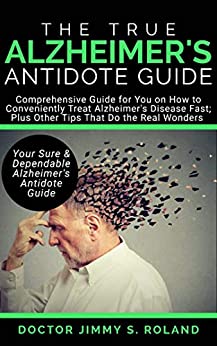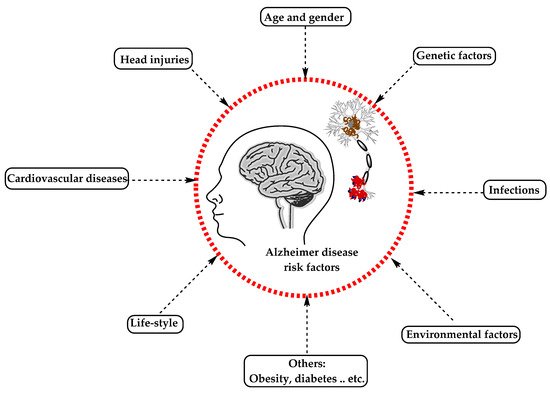A Comprehensive Review on Alzheimers Disease

Alzheimers Disease is a rare neurodegenerative disease that affects the central nervous system, specifically the part of the brain known as the hippocampus. This brain area is involved with memory, cognitive function, and learning. It is also involved in Alzheimer's Disease. The symptoms of Alzheimers Disease include mood swings, hallucinations, impaired judgment and problem solving skills, and poor concentration.
One of the first symptoms of Alzheimers is the patient's ability to think clearly
However, the disease does not have any specific symptoms that are associated with any particular disease or illness. A physician may notice a patient showing these signs at an early age, such as a child in their teen years or a young adult in his late twenties. However, the symptoms may occur later in life in more mature adults.
Neuropsychological tests are often performed on patients diagnosed with Alzheimers Disease, but it is important for them to be able to remember information. These tests can show whether the patient has an ability to focus on the present. They may have trouble remembering things from the past or from various areas of their lives. However, these symptoms usually do not go away by themselves, even though they may improve over time. Patients who are in the later stages of the disease often have memory problems and are not able to focus on anything that occurs in the environment.
MRI or PET scans can show the progression of the disease in a patient's mental abilities. MRI can show if the person's brain has begun to shrink. However, if there is deterioration of the brain cells, this is not always conclusive.
MRI scans can also show the progression of Alzheimers Disease in patients with mild mental retardation. Some people with this condition are able to perform the same tasks as those who are able to function with normal cognitive functions. However, there are some who are unable to recognize faces and recognize colors. They also have problems with hearing, seeing, and speaking. Sometimes, the disorder is mistaken for Alzheimer's Disease.
Emotional functioning is very important in dealing with patients who suffer from Alzheimers. The patients must learn how to manage their emotions and how to express themselves. It is important to work with their family to set realistic goals. and expectations. The patient needs to be able to maintain a balanced relationship. To reduce stress and depression, they can attend support groups for individuals with similar needs.

Patients with Alzheimers will often have a difficult time making decisions
They often have trouble making decisions about buying a car or house or managing money. It is important for them to be able to manage these aspects of their lives, as well as having friends and family members they can rely on.
There is no cure for Alzheimers Disease, although medications can slow down the progress of the disease. However, most patients are able to live reasonably productive lives. They need to be able to function in an organized, productive way. It is important for patients to be able to keep up with their activities and be able to manage their own lives.
Cognitive Therapy is one of the most effective ways of dealing with patients with Alzheimers. Patients will be taught to develop new routines to help them cope with their daily activities. They will be taught how to set goals and use strategies to reach them. This can teach them how to be more efficient and successful with their tasks at work and at home.
It is important for patients to learn to identify the causes of their daily tasks and start changing them. It is also important for them to learn how to stay focused and motivated. This will help them get through their days without feeling overwhelmed or frustrated. Dealing with a disorder like Alzheimers requires a patient must learn to recognize and deal with the things that trigger anxiety, such as frustration, stress and anger.
It is important for a patient to be able to communicate with a loved one about his/her illness and their daily routines, as well as learn ways to manage his/her daily tasks. When a patient cannot handle his/her everyday tasks, his/her loved ones may need to be around to guide him/her. Cognitive Therapy and Physical Therapy together are very effective. Working with a patient's loved ones will also allow the patient to develop good social skills.
Cognitive Therapy is very important to a patient's overall well being. By learning how to manage their mind and learning coping skills, patients can lead a healthy and happy life. Alzheimers can be controlled.